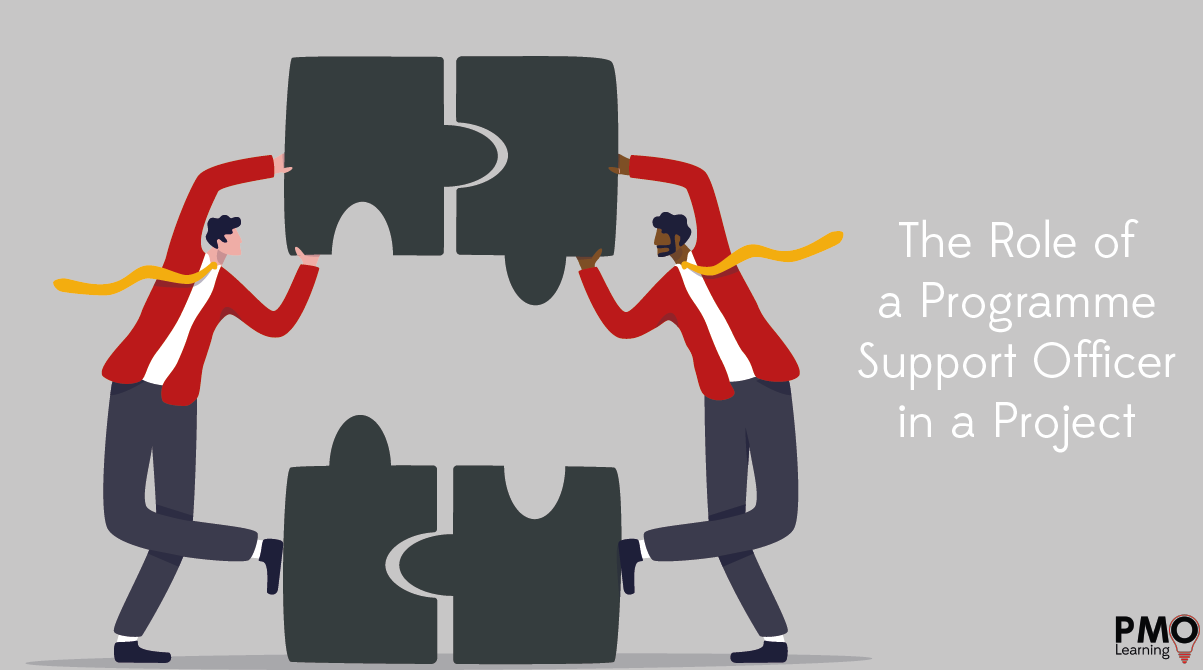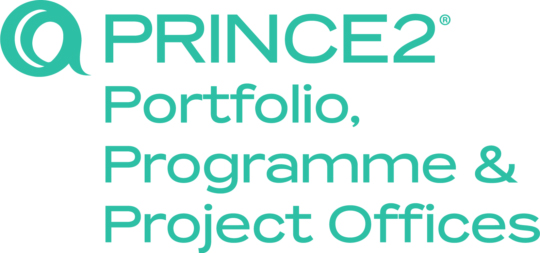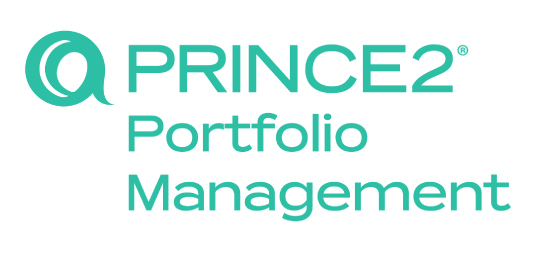I had this question the other day, “what is the role of the programme support officer in a project?”
I had to ask for clarification because I wasn’t sure if this was a case of just getting a role title mixed up or a genuine case of what elements of a project would a programme support officer get involved in.
Just to clarify what I mean about the first one.
Often people will get job titles mixed up – especially in supporting roles because there are so many of them i.e., we have Project, Programme and Portfolio, then we have co-ordinator, analyst, officer, administrator and so on. Sometimes people do get mixed up when they’re talking about roles and its easy to see why.
So I wanted to make sure they didn’t really mean “what is the role of the project support officer in a project?” when they asked the question.
It turned out they did mean that and you can find out about that here in an article What Does a Project Support Officer Do?
The Different Types of PMO
But the original question does make sense too.
Programme Support Officers do work in a Programme Office however they still have some involvement in the projects too.
Let’s just get our heads around the different types of PMOs and where they sit.
If we go with a classic P3O® model of PMOs in a business:
We have an enterprise PMO – or in a lot of cases organisations are switching to a Portfolio PMO – then there are Programme Offices which support the programmes within the business and then finally Project Offices that support the projects in the business.
Of course not every business will have a PMO to support every single one of the programmes they are running – sometimes there is one big Programme PMO which supports all the programmes. Same goes for the Project PMO – one will support all the projects. These are permanent PMOs.
Temporary Programme and Project Offices can also exist too – they get closed down once the programme and projects have been delivered.
For completeness, not that many organisations actually have enterprise or portfolio PMOs – most just have a Project Office – or a Programme Office (which incidentally is the most common type of PMO you’ll see). There’s also a Centre of Excellence PMO which is responsible for the maturity improvement of project management across the business – this is where the methodology, frameworks, processes, tools and templates are created and improved.
What DOES a Programme Support Officer do in a Project?
So back to the question.
The Programme Support Officer supports the programme.
The programme is made up of lots of projects.
The Programme Support Officer needs to understand what’s happening in each of the projects in order to understand the status of the overall programme.
The image below shows what kind of information the Programme is interested in knowing about the projects.

So a Programme Support Officer wants to know where each project is against the schedule because that affects the schedule of the overall programme.
They want to know if an issue in Project A is going to have an impact on Project C.
They want to know if they can share Resource A across the different projects at different times.
They want to know how a slippage in Project B will affect the other projects before it happens.
And so on.
That’s the role of a Programme Support Officer in projects.
They’re providing an umbrella over all the projects.
They receive project level updates into the programme office and use this information to enable the programme manager to make clearer informed decisions about the ongoing management of the programme.
Want to learn more about the P3O® model and how PMOs operate in organisations? Get started with your P3O® qualification, there are different ways to study. Find out more here.
The P3O® courses on this page are offered by PMO Learning. P3O® is a [registered] trade mark of AXELOS Limited.P3O® is a registered trade mark of AXELOS Limited, used under permission of AXELOS Limited. The Swirl logo™ is a trade mark of AXELOS Limited, used under permission of AXELOS Limited. All rights reserved.
Enjoying Our Blog?
Sign up and receive all our articles (we’ll send you an update once a week!) plus special offers and events:







